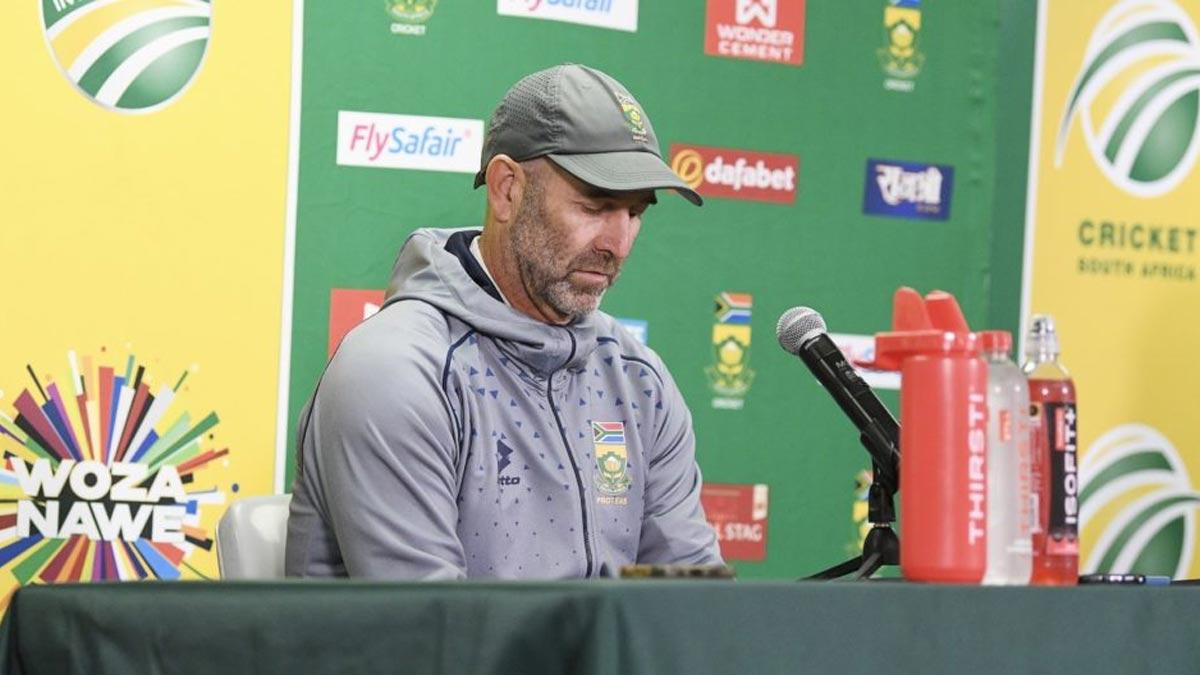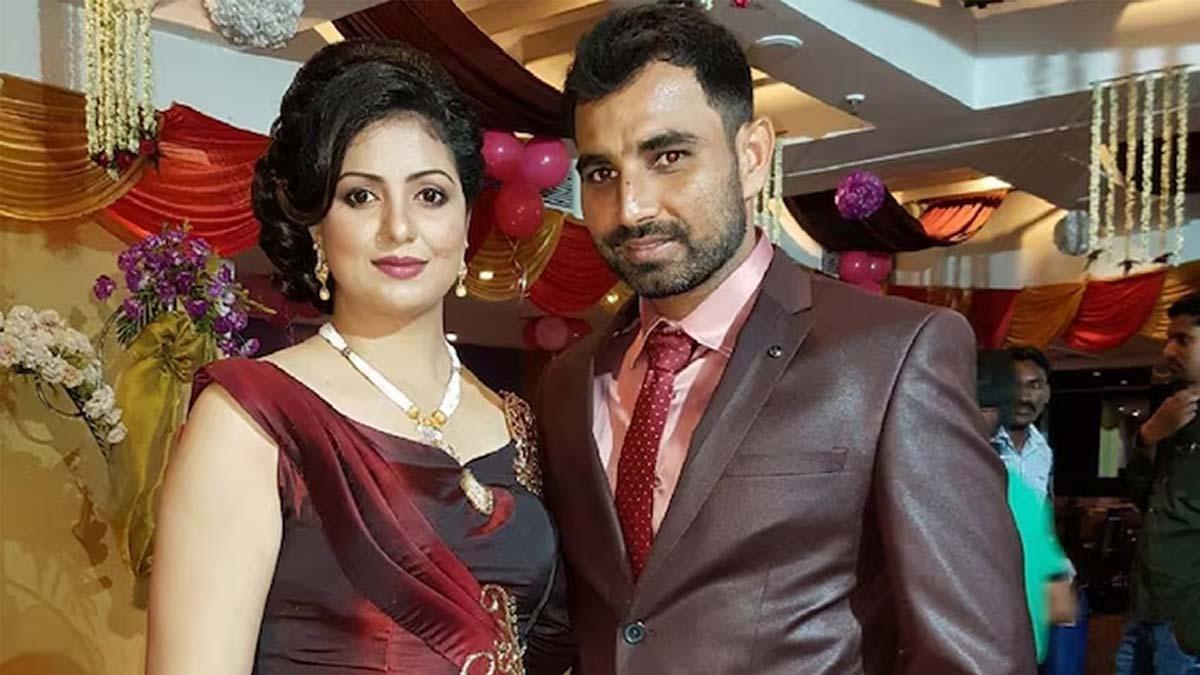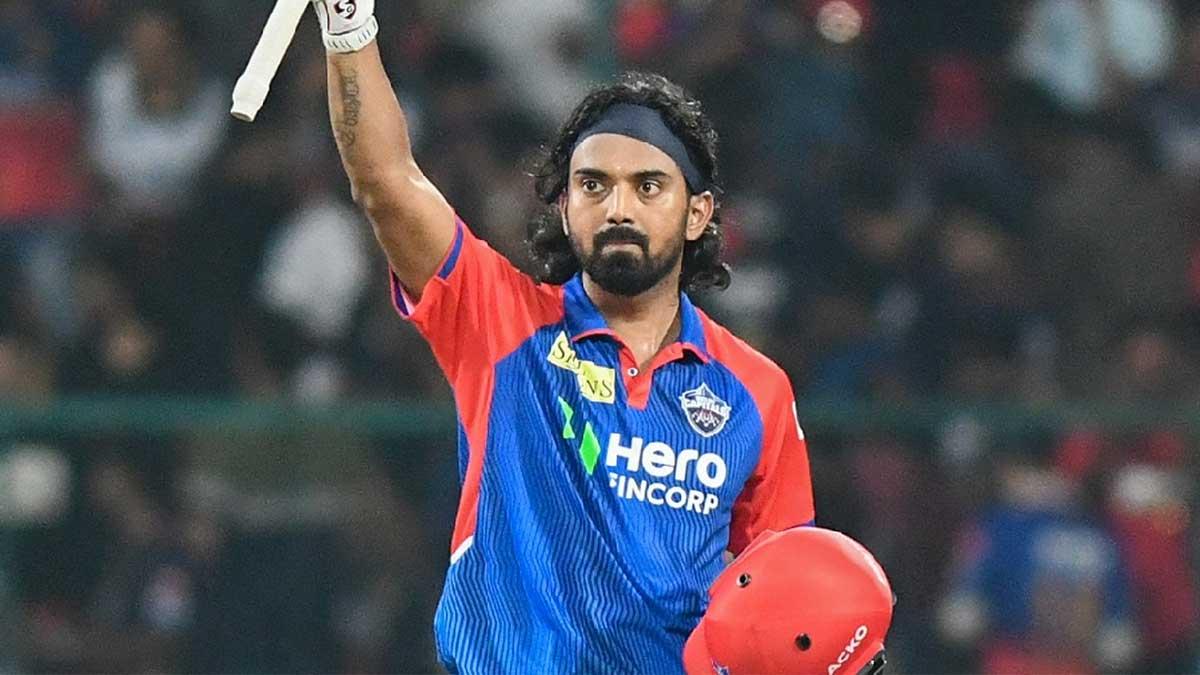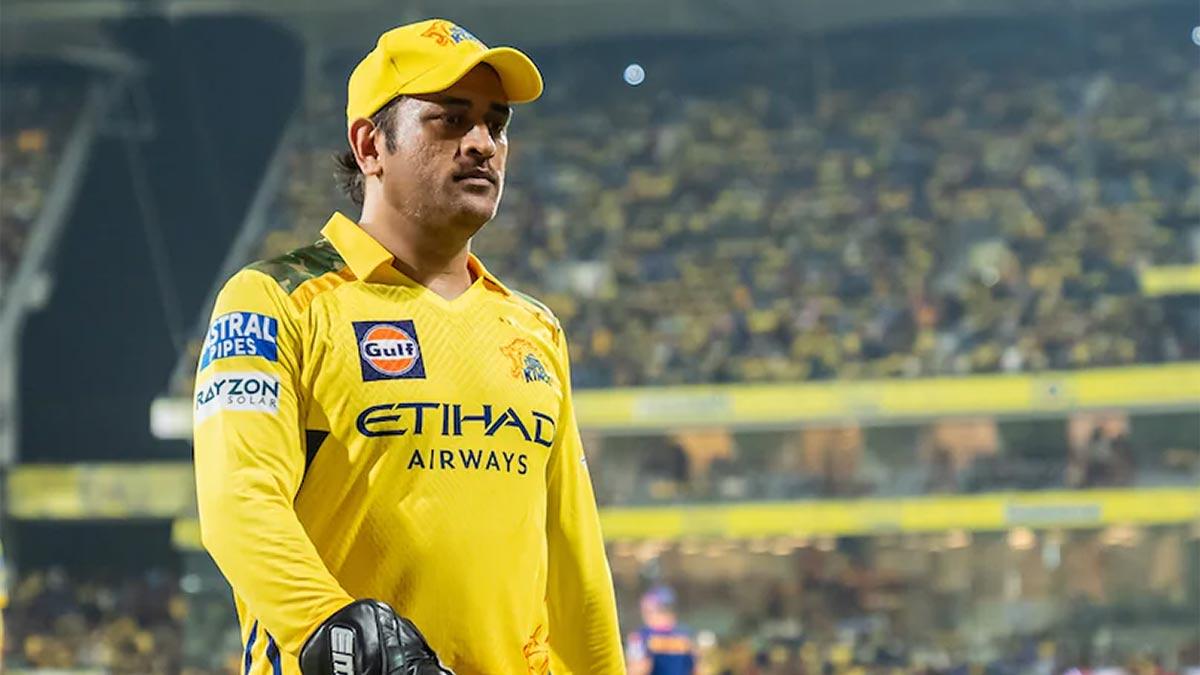South Africa's T20I white-ball coach, Rob Walter, refused to make excuses for his team's 3-1 defeat by India but highlighted the continuous "balancing act" of fielding competitive XIs while expanding the player pool.
Rob Walter after SA's crushing 135-run loss in the fourth T20I at the Wanderers took responsibility for his team's performance but defended the long-term strategy of exposing the younger players.
Walter was frank in his assessment, admitting that while resting senior players and introducing newcomers is necessary, it doesn't justify underwhelming results.
"We still have to be much better, and this starts with me as the head coach of the team. To expand the net of players, sometimes we must play a couple of younger guys, even in big series against some good teams. Ultimately that is where they learn the most. However, it is a balancing act and there is no right or wrong. We're trying to get it right," Walter said in a post-match press conference.
The South African bowling lineup was the worst hit, conceding over 200 runs in three out of four matches it played.
The attack looked incomplete and unprepared without main pacers Kagiso Rabada (rested), Lungi Ngidi (injured), Anrich Nortje, and Tabraiz Shamsi, who are both uncontracted but available. Marco Jansen and Gerald Coetzee returned after considerable injury layoffs, while Andile Simelane had his first home internationals, Nqaba Peter, and Lutho Sipamla, who is back after three years. The most experienced man, Keshav Maharaj, had his work cut out rallying the inexperienced unit.
Walter said there is strategy in resting the senior players. This was crucial for the long term growth of the team. "When we go to world tournaments, we're picking our very best 15 players, but we can't pick those same players every single time we play. It's just not feasible. It's too much cricket," he said.
"The rest of the time, we need to build our base of players up to that level, which is where you are seeing with the Indian team side. The fringe players are coming through and putting pressure on guys playing in the main XI."
India's strength showed in the series and it has only four members of their T20 World Cup-winning XI. South Africa, on the other hand, is still growing its player pool, a fact as much exacerbated by those specific challenges unique to cricketing in South Africa.
Walter cited the problem of retention in the international side, considering the value given in franchise cricket, especially for South Africa where the weaker Rand struggles in competing with the dollar-dominated league payments.
"The national side is competing with franchise cricket. Money lies in franchise cricket, not international cricket. That's the reality we live in," Walter admitted, accepting Nortje and Shamsi's choices to play without national contracts.
"A guy like Anrich, I certainly wouldn't doubt his want to play for South Africa and his commitment to do that. But he made a decision personally around contracting so that he could move away from playing Test cricket for a while. I think physically he was finding it a bit tough to do everything and I respect that, Walter said.".
Nortje has taken time out from Test cricket after a severe injury to balance his workload, but he is available for white-ball assignments. Shamsi opted for the same.
"At the end of the day, when it comes to the world tournaments, we want to pick our best side. And if he is one of those best players, we consider him. Shammo has done exactly the same thing. We need to be cognisant of what's happening in world cricket. It's not easy and the national side is competing with franchise cricket. The money lies in franchise cricket, not international cricket. That's the reality that we live in."
South Africa's bilateral T20I series got embarrassing compared to the performance in T20 World Cup, where Walter became the first-ever coach to take the men's team into the final of a major tournament. Since his appointment in February 2023, South Africa has not won even one of their seven bilateral T20I series. "The truth is just ridiculously hard to accept," Walter said.
"At tournaments we can pick our best XI, but bilateral series require rotation and experimentation especially considering the volume of cricket played around the globe", explained Walter. "We are trying to get rest, rotation, and exposure right but are aware that it is not a straightforward process."
Despite the disappointing result of the series, Walter is looking to the bigger picture of creating a deeper pool of players that would be able to withstand the pressures of both international cricket and franchise competition.
"The balancing act continues," he sighed, realising full well the need for patience and planning in navigating the complexities of modern cricket.
Read also| Pakistan Foreign Office Denies Backchannel Diplomacy with India on Champions Trophy
Read also| 3rd T20I: Tilak's 107 and Arshdeep's 3-37 Lead India to 11-Run Victory Over South Africa


















